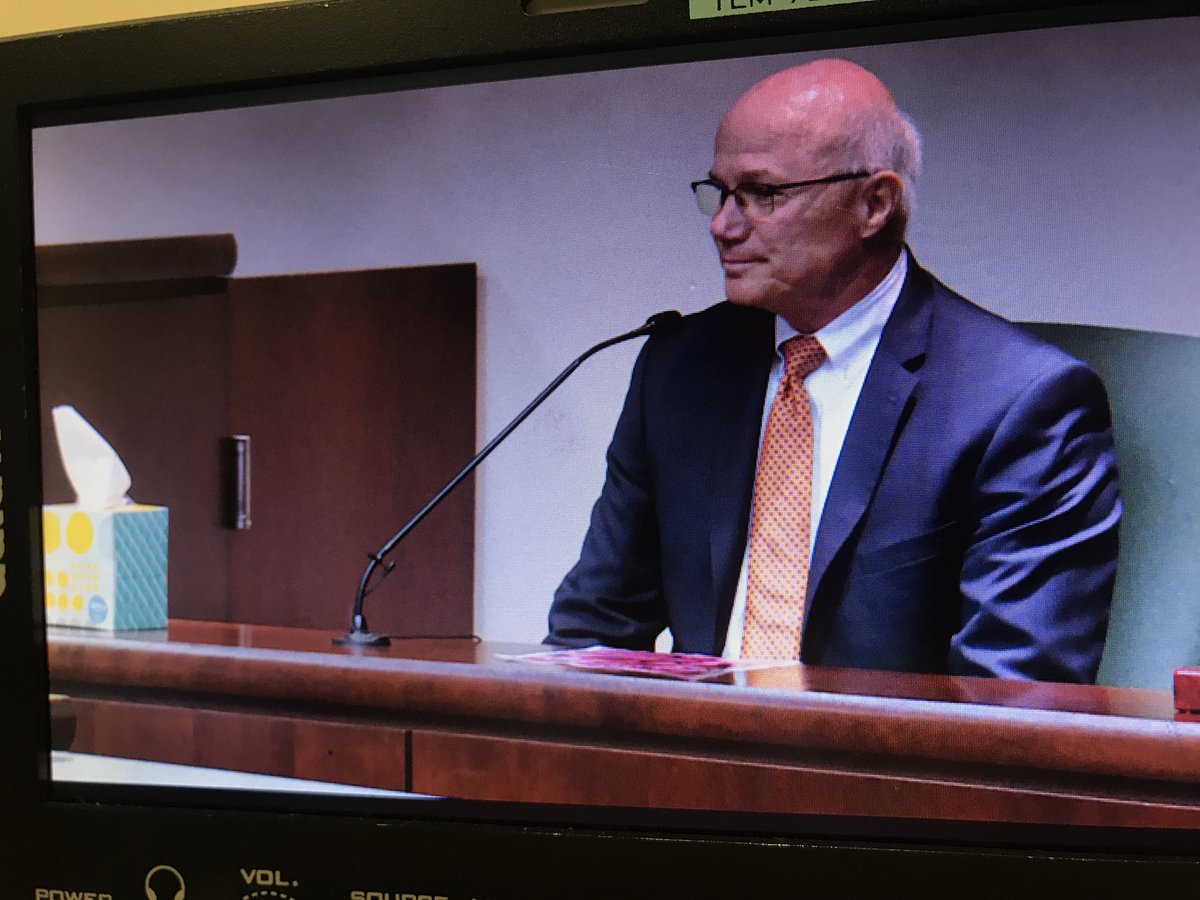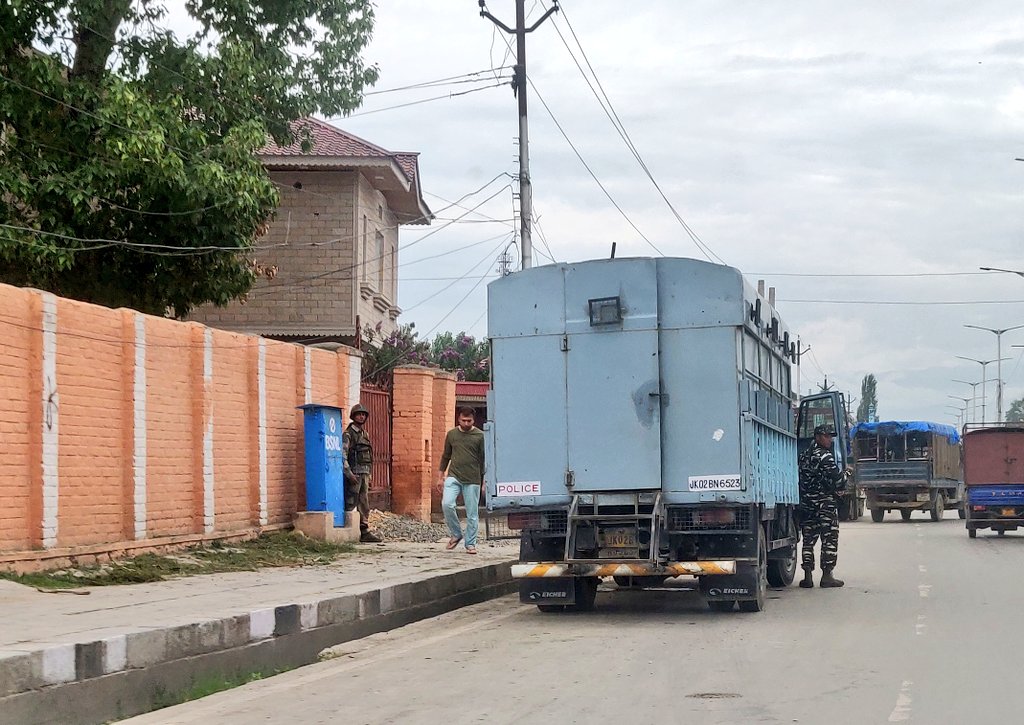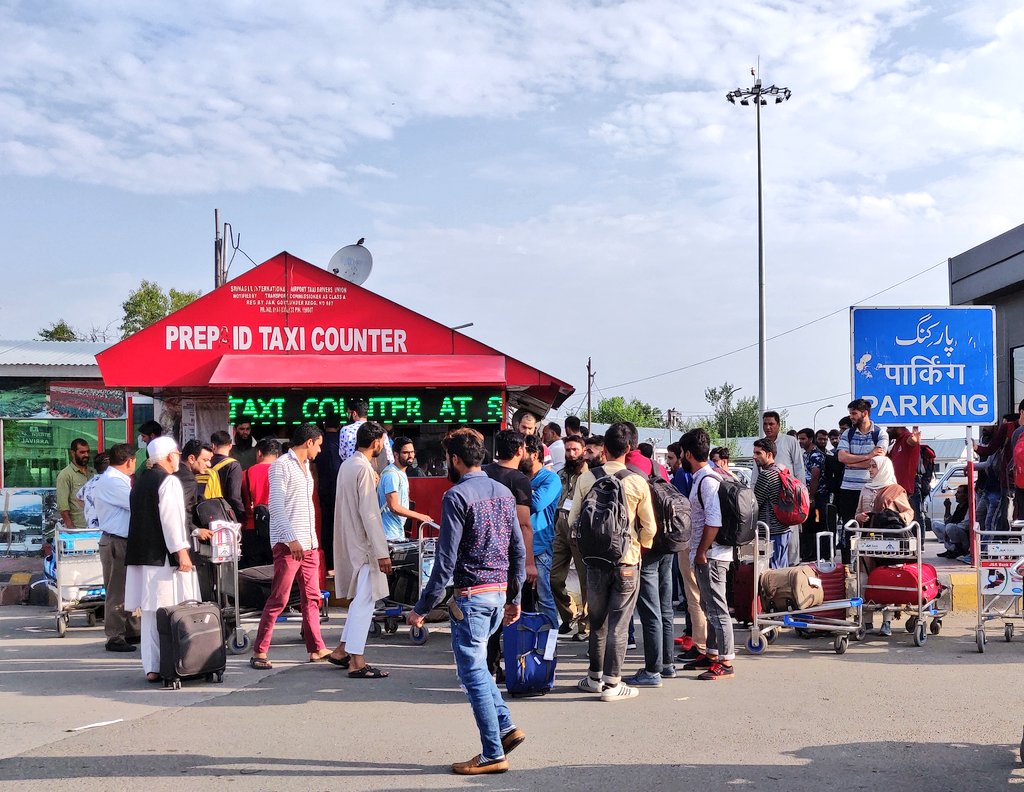Idk how accurate these are, but...
Cost of separating the systems and building Boulder's new one: $110M
Plus $28M in startup costs
No new estimate for power supply costs; 2018 estimate was $83M-$126M
High end: $414M
Surprised to see that acquisition cost; Boulder's most recent offer to Xcel was $93.9M
Yes, is the answer. Not sure if that's in our lobbying agenda; I don't remember it, but it was a big document.
70% or so of the annual budget for an electric utility is power supply, Catanach says.
Catanach: Correct, but we're defining these numbers to determine viability of the utility. We're doing cash flow out several years.
Staff: We haven't done that $$ bc there are a lot of variables: interest rates, acquisition costs, etc.
There are other ways to reduce that, including stepping up its local power production before breaking with Xcel (thereby reducing the amount of power Xcel planned for long-term in the city)
But that doesn't include going concern: Boulder's obligation for Xcel's lost profits.
That's the big factor in how much acquisition will cost, Yates says: The actual value of the system is not likely too different from the appraisal.
"There's only so many ways you can string that (condemnation action) out."
Carr: "That would be your call. Hopefully we'll know what the appeal is then and we can provide info to voters or decide not to. We will have a valuation, a number, and if there's an appeal, we'll know what that is."
Carr: We could. We're operating under instructions to finish condemnation so we have a better cost estimate to acquire Xcel's system. But if council doesn't want to wait for that, we don't have to.
Doelling: That sounds about right. What we want to be clear about with unfunded needs is the staffing piece.
Doelling: Yes, we're going to spend more.
Yates: If we spend less than $7M through 2022.
Catanach: Umm
Yates: It was $1.2M last year
Doelling: That's reasonable enough.
• Boulder electricity-sector CO2 emissions in 2030 if Xcel 80% emissions reduction goal is achieved: 250,000 MT
• Boulder electricity-sector emissions in 2030 if Boulder achieves 100% renewable electricity: 0
I'm not sure what the answer was exactly, but I think it was, yes.
Similar in 2018
Will be to 50% renewable by 2026, under current plan
When their new plan is filed in 2020-2021, that's when we'll have a better idea of how close they are to their stated goals.
early retirement (Hayden 2, Craig 2 and Pawnee by 2030; Comanche 3 by 2050)
At least 600 MW of natural gas would also need to be retired by 2050.
In my opinion, Lehrman says, yes.
Lehrman: No. Not by 2030.
Guess I'll have to give up a weekend night and see what it takes to break the muni.
There are other values than cost, which we talk a lot about. Democratize and decentralize.














